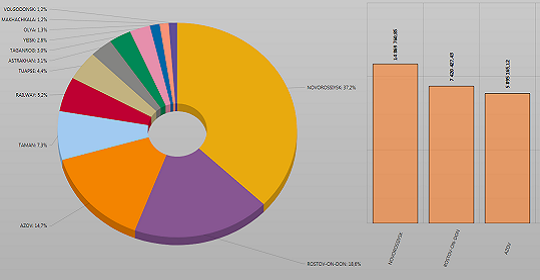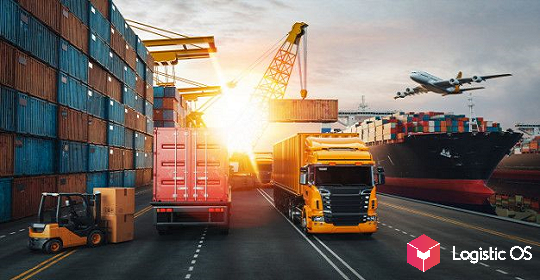Recently, the Russian Federation has increased the volume of agricultural products supplied to Morocco several times.
There is data that in 2024, Russia supplied Morocco with agricultural products worth about $280 million.
This is almost three times more than in 2023. That is, we are dealing with a very significant increase.
According to experts, wheat supplies increased the most during this period.
In monetary terms, they increased by 3.4 times over the year. In physical terms, exporters sent about 1 million tons of this grain crop to Morocco in 2024.
It is noteworthy that Russia has thereby displaced France, which for many years was one of the main exporters of wheat to this country, on the Moroccan market.
It is noted that this was facilitated by the high quality of Russian wheat, as well as its relatively low price, which has become a significant competitive advantage.
In addition to wheat, at the moment, the Russian Federation is actively supplying sunflower meal to Morocco.
According to the results of 2024, this country was in the list of the top 10 largest buyers of Russian sunflower meal. It also buys rapeseed meal from the Russian Federation.
Finally, after a 5-year break, Russian sunflower oil began to be shipped to Morocco, which is an important event, since for Russia, diversification of oil importers is the most important step towards stabilizing its production.
In addition to the above-mentioned main items of Russian agricultural export to Morocco, additional products are also supplied.
In particular, we are talking about barley and corn, legumes, bran, drinks, honey, and confectionery.
At the same time, analysts believe that at the moment the potential for increasing the supply of agricultural products to Morocco is far from exhausted.
This country is located in northern Africa, so there are great difficulties with its own agricultural production due to the arid climate.
Its change aggravates this problem, so in the coming years, Morocco’s agricultural imports may grow even more. Russia, of course, may be one of the beneficiaries of this process, since it can provide agricultural products in large volumes and on a permanent basis.
It is noted that a significant part of the imports is milling wheat, which is a strategically important commodity in Morocco, and its purchases are subsidized by the state.
This provides opportunities for concluding long-term contracts leading to long-term, stable and mutually beneficial cooperation.

